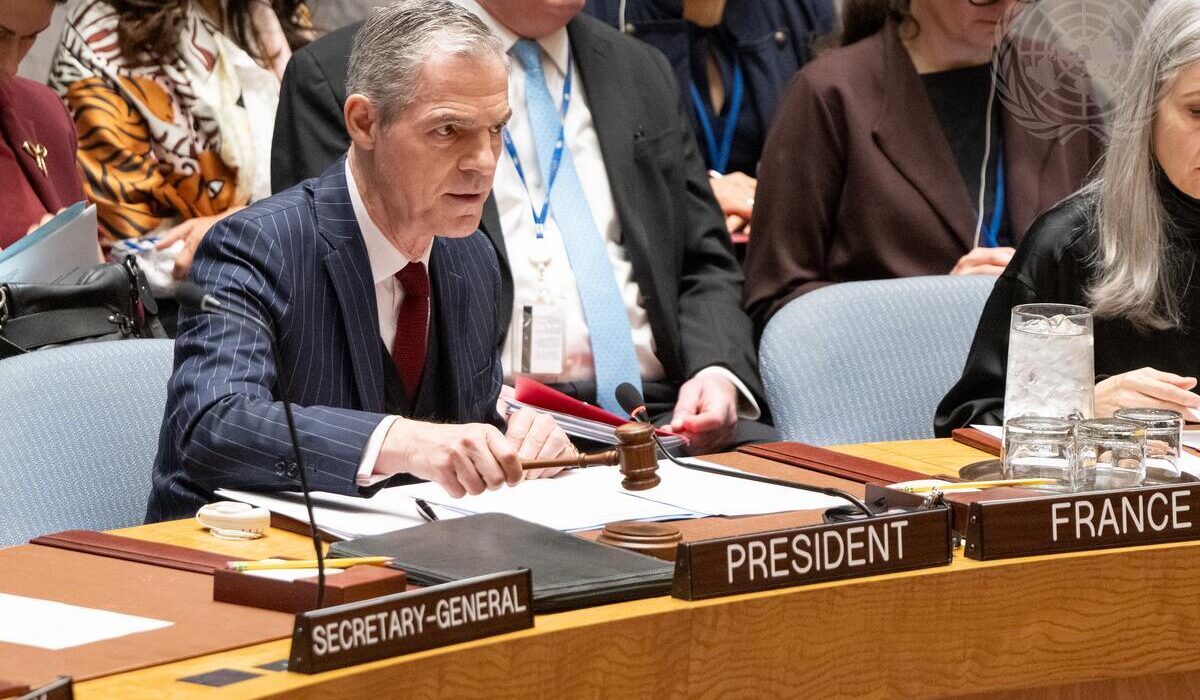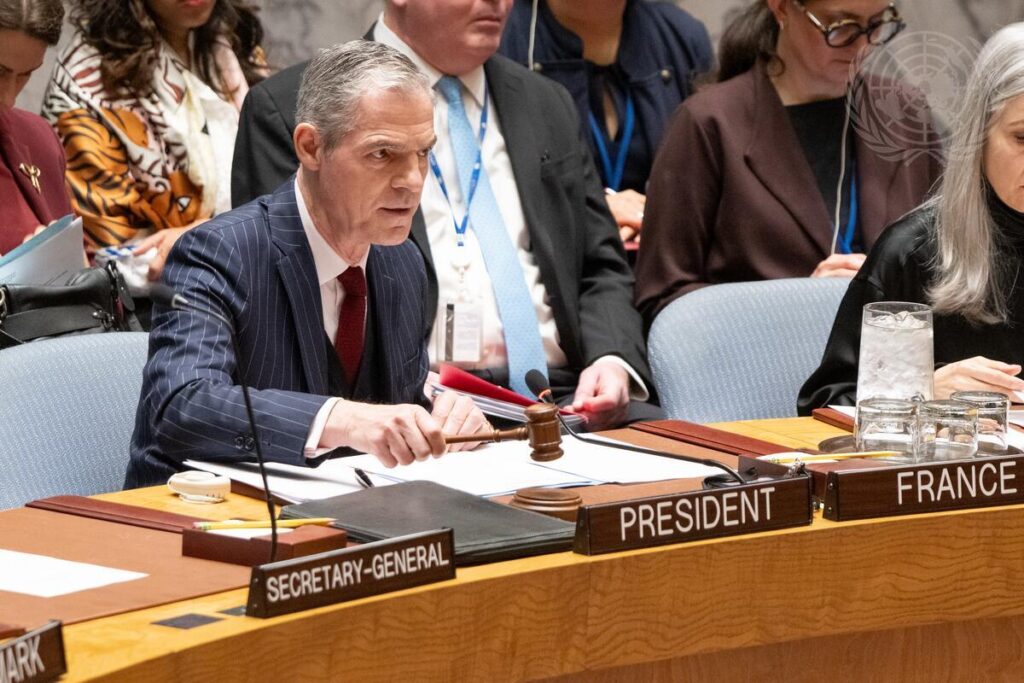UN Security Council strongly condemns Pahalgam terror attack; urges global cooperation to bring perpetrators to justice

The United Nations Security Council has “condemned in the strongest terms” the recent terrorist attack in Pahalgam and called on all nations to actively cooperate in bringing those responsible to justice.
In a press statement issued on Friday, Council President Jerome Bonnafont, France’s Permanent Representative to the UN, said: “The members of the Security Council stressed that those responsible for these killings should be held accountable, and urged all States, in accordance with their obligations under international law and relevant Security Council resolutions, to cooperate actively with all relevant authorities in this regard.”
A front organisation linked to the Pakistan-based terrorist group Lashkar-e-Taiba has claimed responsibility for the attack.
The statement took a comprehensive stance by including not just the perpetrators, but also the organisers, financiers, and sponsors behind the massacre. “The members of the Security Council underlined the need to hold perpetrators, organisers, financiers, and sponsors of this reprehensible act of terrorism accountable and bring them to justice,” it added.
Notably, Pakistan, currently serving as an elected member of the Council, endorsed the statement, thereby aligning—at least officially—with the Council’s demand for justice.
Though not legally binding like a resolution, a Security Council press statement reflects the collective will of its members and carries significant moral weight.
Addressing attempts by some quarters in Pakistan to justify such attacks, the Council unequivocally rejected any rationale for terrorism. “The members of the Security Council reiterated that any acts of terrorism are criminal and unjustifiable, regardless of their motivation, wherever, whenever, and by whomsoever committed,” the statement declared.
Reaffirming the global commitment to counter-terrorism, the Council emphasized that all nations must confront the threat in accordance with international legal frameworks. “The members of the Security Council reaffirmed the need for all States to combat by all means, in accordance with the Charter of the United Nations and other obligations under international law, including international human rights law, international refugee law, and international humanitarian law, threats to international peace and security caused by terrorist acts.”
Meanwhile, UN Secretary-General Antonio Guterres may be exploring a diplomatic intervention. When asked whether he planned to engage directly with the leaders of India and Pakistan, his spokesperson Stéphane Dujarric responded, “We hope to have something to share on that later.”
Reiterating the UN’s condemnation of the attack, Dujarric urged restraint on both sides: “We again urge both the Government of India and the Government of Pakistan to exercise maximum restraint to ensure the situation does not deteriorate further.”
In response to a reporter’s suggestion that not enough attention was being paid to the threat of conflict between “two nuclear countries,” Dujarric firmly replied, “I don’t agree with your comment. We are paying very close attention to the situation between India and Pakistan.”








